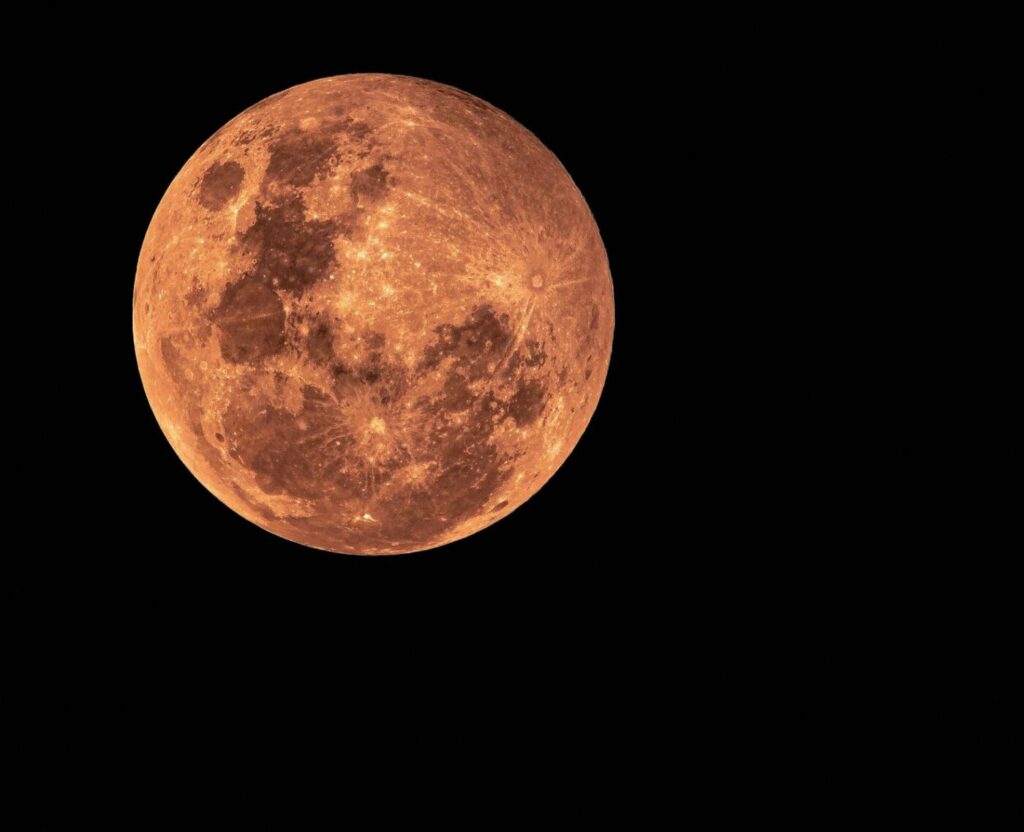Could Venus once have had conditions remarkably similar to Earth? The scientific world is pursuing this question. Research into the planet’s past not only helps us understand the future of our own planet, but also sheds light on our search for life in space. However, today’s hellishly hot and pressurized environment of Venus brings to mind the question of what kind of structure it had in the past.
Investigating Water Loss on Venus
Scientists are pondering an important question as they investigate the disappearance of water on Venus: What happened to the water on Venus? The answer to this question is critical to understanding the origins of the planet’s current state. A team from the University of Colorado Boulder, led by planetary scientist Michael Chaffin, studied the process by which Venus’ water disappears. Research shows that water evaporates and escapes into space in the form of hydrogen. This process takes place through a series of chemical reactions called‘dissociative recombination‘. These reactions involve water molecules breaking apart and recombining, which leads to hydrogen leaking out of the atmosphere.
Investigation of Molecules in the Atmosphere
Researchers are trying to detect the presence of the HCO+ molecule in the atmosphere of Venus. This molecule could be evidence of a process of dissociative recombination. However, this structure has not yet been found. The reason for this is that this molecule has not been searched for before.
These discoveries will allow a clearer understanding of Venus’ past and perhaps give us clues about the future of our planet. Research results Nature and attracted a great deal of attention in the scientific world. Could Venus have once been home to oceans? Future studies will continue to seek answers to this question.
